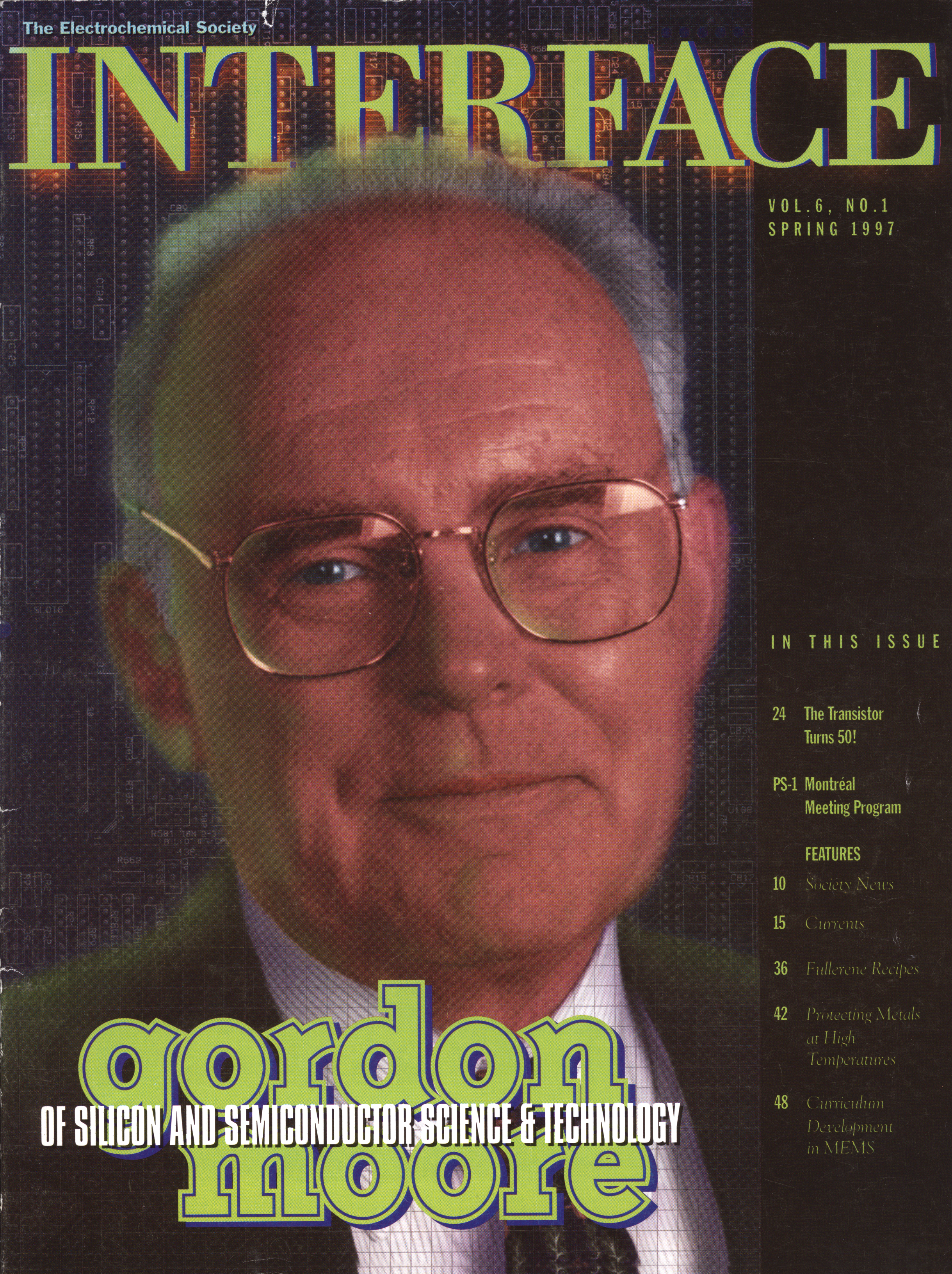 Nineteen sixty-eight marked a year of tragedy but also of transformation. It may be 50 years in our past, but what occurred that year is still very much alive with us today. Here are our top 5 reasons why the scientific advances of that year are super “groovy” in our book:
Nineteen sixty-eight marked a year of tragedy but also of transformation. It may be 50 years in our past, but what occurred that year is still very much alive with us today. Here are our top 5 reasons why the scientific advances of that year are super “groovy” in our book:
5. Patent for the jacuzzi whirlpool hot tub granted
Roy Jacuzzi realized early on that the market for leisure and fitness was a growing one. He set out to create a bathtub that allowed enough room to offer “a relaxing soak,” according to Jacuzzi Inc.’s company history page. With that, the first bathtub with a built-in whirlpool system was born. The laid-back culture of California in the 1970s turned out to be the perfect launching ground for the now widely appreciated and known jacuzzi.
4. Apollo 8 is the first manned spacecraft to orbit the moon
Jim Lovell, Bill Anders, and Frank Borman became the first human beings to orbit another world. According to NASA, on Christmas Eve 1968 the three men were the first to orbit the moon and see Earth as a whole planet. With that, Jim Lovell confirmed, “there is a Santa Claus.”
3. Georges Charpak develops the multiwire proportional chamber for particle detection
In 1968, Georges Charpak, while at the European Organization for Nuclear Research, invented and developed the multi-wire proportional chamber, according to the official Nobel prize website. This invention drove him to the Nobel Prize in 1992. The chamber was an advancement of the earlier bubble chamber rate of detection of only one or two particles every second to 1000 particle detections every second. The MWPC produced electronic signals from particle detection allowing scientists to examine data via computers.
2. The discovery of pulsars
Jocelyn Bell thought she noticed a strange “bit of scruff” coming from her radio telescope, so strange, she thought it to be extraterrestrial, according to the APS News. Although it wasn’t a sign of alien life, her discovery was indeed out of this world. Bell and her advisor Anthony Hewish discovered the first pulsar. Pulsars give scientists information about the physics of neutron stars, which are the densest material in the universe, according to Space.com.
1. The birth of Intel
In the spirit of saving the best for last is the birth of Intel, recently featured on CBS Sunday Morning. In 1968, ECS member Gordon Moore and Bob Noyce founded Intel. The two men took a leap of faith, leaving the stability of their careers at Fairchild Semiconductor to begin their new venture. Nine months later Intel’s first product, a memory chip, was released. Moore’s law forever changed the world of technology. Gordon Moore wrote an article predicting the future of the semiconductor industry—a prophecy that shaped the modern technology industry, giving early startups the confidence to invest in electronics. Moore’s law predicted getting double the amount of circuitry onto the small space of a chip every 18 months. In a Spring 1997 issue of Interface, Moore said, ” I can’t imagine a more exciting industry to have had a chance to grow up in. The rate of change has been phenomenal and I don’t think we’re done yet. I think the impact of our new developments will go on for a fairly long time. We have a fair ways to go just to continue to push the technology to smaller and smaller things, higher and higher performance. The people who use that technology to make products will then have billions of transistors on a chip to work with, and that gives them almost open-ended possibilities.”


